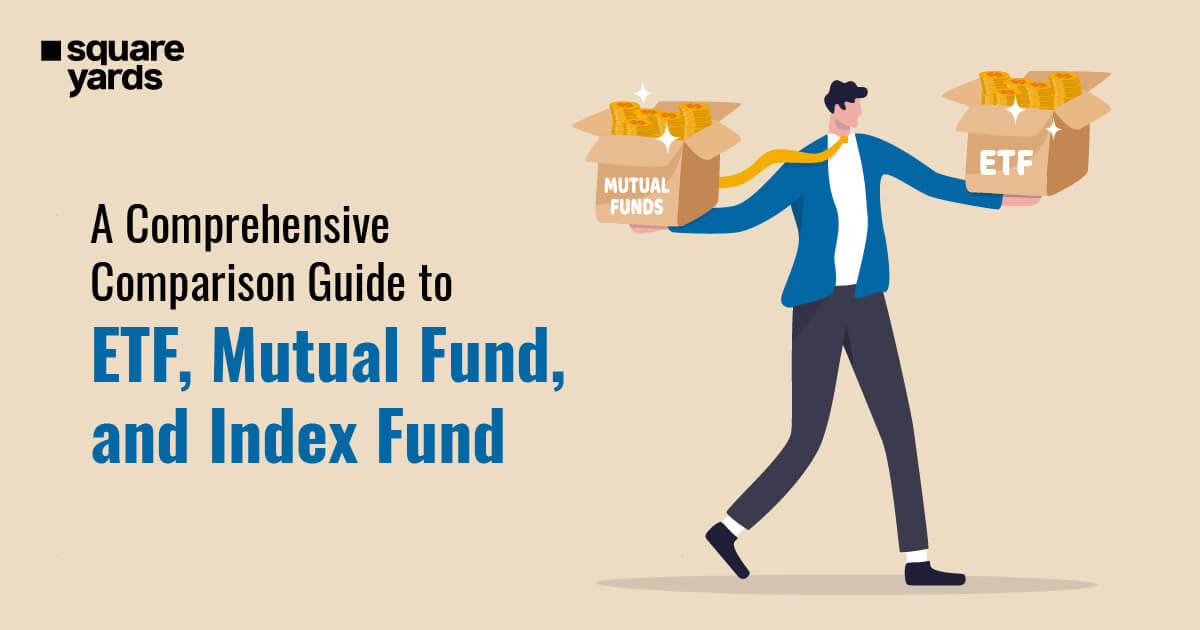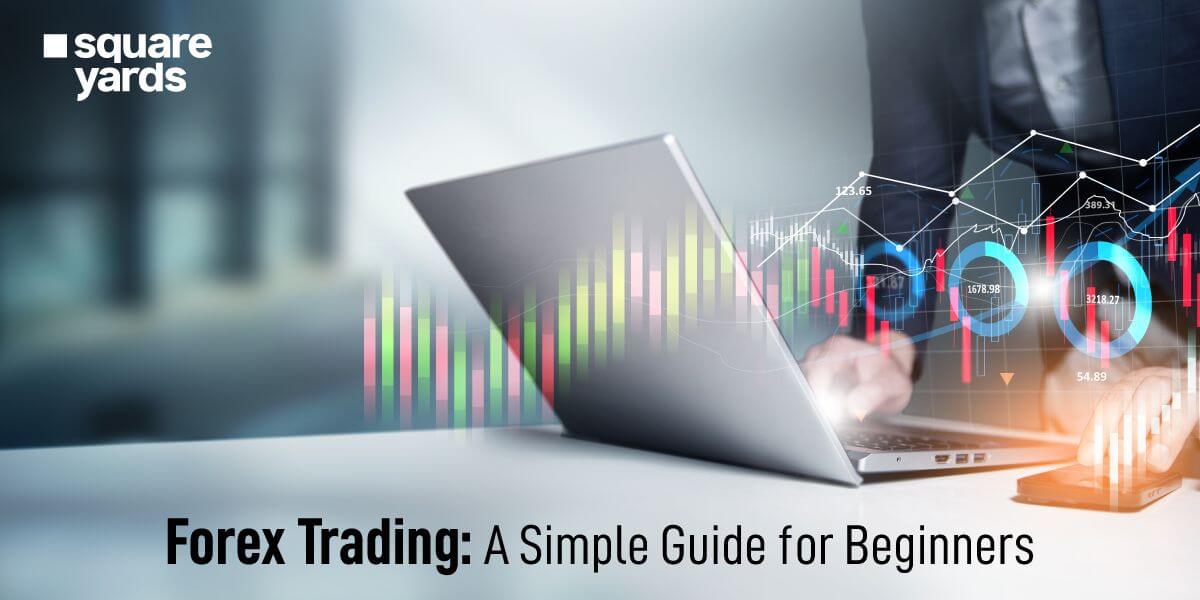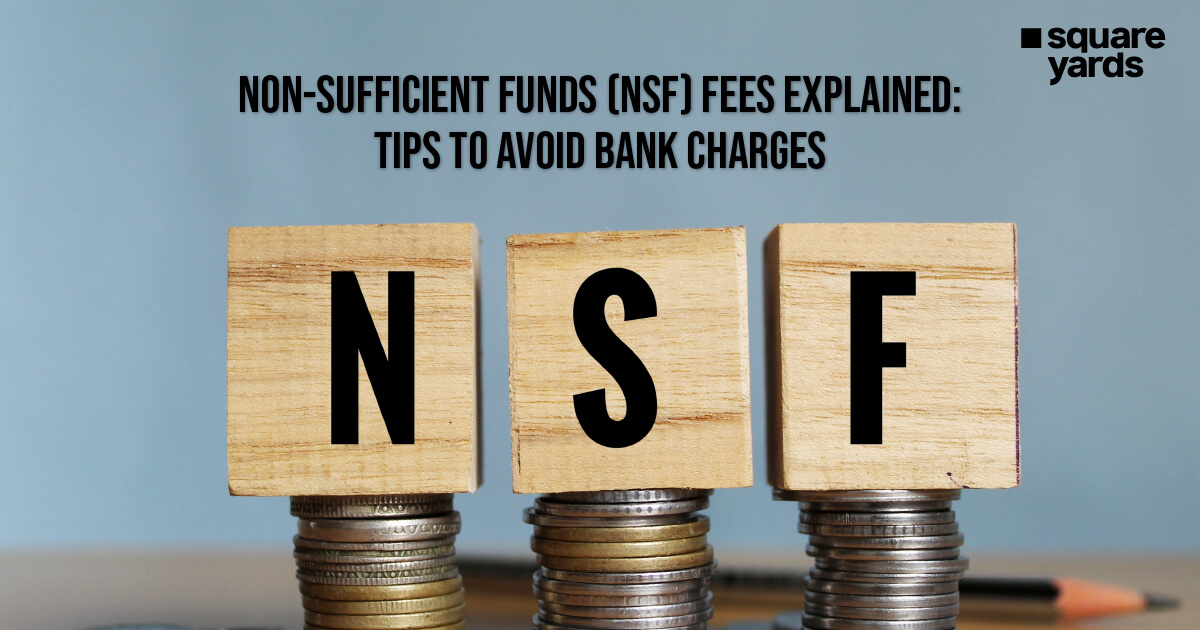Are ETFs good for beginners? Pros & cons of ETFs What is a mutual fund and how does it work? Are mutual funds good or bad? Are index funds better than mutual funds? Become the next Warren Buffet with index funds Navigating the world of investments can often feel like decoding a cryptic code. The jargon-filled language surrounding finance, with terms such as ETF vs Mutual funds and Index funds can leave us feeling perplexed. This blog delves into their distinctive features and unravels the nuances that set them apart from one another.
The Rise of Exchange-Traded Funds
ETF or Exchange-Traded Fund, is an investment vehicle that comprises a diversified pool of assets, similar to individual stocks. Unlike mutual funds, ETFs are traded directly on stock exchanges, leading their share prices to vary all through the trading day as market investors buy and sell shares. Offering an affordable means of investment, ETFs allow portfolio diversification and have become increasingly appealing to investors. They have the capacity to include a vast variety of investments such as stocks, commodities, and bonds, effectively maintaining a balance between variety and cost-efficiency.
|
Mutual Fund |
Index Fund |
Exchange-Traded Fund (ETF) |
|
|
Initiated |
1920s |
1970s |
1980s |
|
Basket of Securities |
Diversified |
Diversified |
Diversified |
|
Management Process |
Active |
Passive |
Passive |
|
Annual Fees Ratio |
0.5% to 2% |
0.02% to 0.25% |
0.02% to 0.25% |
|
Trade System |
Once per day |
Once per day |
Any time throughout trading hours |
Are ETFs a Suitable Choice for Investors?
When considering investment options, ETFs stand out as particularly approachable for beginners due to their simplicity and easy access. Here, you can purchase a mixed collection of securities, or funds, associated with specific exchanges such as the TSX, Nasdaq, or NYSE, thereby achieving immediate diversification. This assorted collection may include multiple assets such as equities, bonds, or physical commodities like gold and silver. They can be brought anytime during market hours, with prices changing throughout the day, thus providing a degree of flexibility and liquidity.
Benefits and Drawbacks of ETFs
While ETFs offer many advantages, like any investment, they come with their share of drawbacks as well.
-
Pros
- Diversification: ETFs offer an easy way to diversify your portfolio across a range of assets.
- Liquidity: Because they are traded like stocks, ETFs can be bought and sold throughout the trading day.
- Transparency: ETFs disclose their holdings daily, providing investors with a clear picture of what assets they own.
- Lower Costs: Generally, ETFs have lower expense ratios compared to mutual funds.
-
Cons
- Trading Costs: Although they usually have lower expense ratios, frequent buying and selling can lead to brokerage fees that eat into your returns.
- Price Discrepancy: There can be differences between the market price and the net asset value (NAV) of an ETF, potentially leading to less favourable prices.
Understanding Mutual Funds
A mutual fund comprises a collection of stocks, bonds, or other types of securities, that are overseen by an investment company. Individual investors buy shares in the fund, and the money is then pooled together and invested according to the fund’s investment objective. A key aspect that differentiates mutual funds from other investment vehicles like ETFs and index funds is higher management fees. These fees compensate for the active management provided by the fund manager or investment team. These professionals employ their financial acumen and market insights to meticulously select and manage the fund’s portfolio, aiming not just to match, but to surpass the market’s average returns. This active management approach is often favoured by investors who lack the time, expertise, or financial resources to manage a diversified portfolio independently.
Are Mutual Funds a Wise Choice?
Labelling mutual funds as entirely good or bad oversimplifies their complex nature. The performance and suitability of mutual funds largely depend on your risk tolerance, financial goals, and investment horizon.
-
Pros
- Professional Management: Mutual funds are managed by skilled professionals who make investment decisions based on extensive research.
- Diversification: These funds like ETFs provide an easy way to diversify your portfolio.
- Automatic Reinvestment: Capital gains and dividends can be automatically reinvested, aiding in compounding growth.
-
Cons
- Higher Costs: Mutual funds typically have higher expense ratios due to management and operational costs.
- Less Liquidity: They can only be bought and sold at the end of the trading day at the Net Asset Value price.
- Potential for Underperformance: Actively managed funds often struggle to outperform their benchmark index.
Comparison Between Index Funds and Mutual Funds
In terms of costs, index funds typically have lower expense ratios than actively managed mutual funds. This is because they follow a passive investment strategy of tracking an index, negating the need for costly investment research and analysis. But it’s important to remember that while index funds can offer a low-cost, simple way to gain market exposure, they don’t offer the potential to outperform the market the way actively managed mutual funds do.
Building Wealth With Index Funds
Warren Buffet, the Oracle of Omaha, is a well-known proponent of index funds. He believes in their ability to generate steady returns over the long term without the hefty fees of active management. If you’re willing to adopt Buffett’s strategy, consider starting with a broad-based index fund that represents the entire stock market. Additionally, stay invested through market ups and downs, remain patient and focus on long-term growth — a fool-proof formula for successful investing!
You May Also Read :
|
Guide To Financial Planning |
|
|
Know How To Invest In REITs |
|
|
Crypto or Real Estate Investment |
|
|
How To Open Your Escrow Account |
Frequently Asked Questions (FAQs)
Which is better: ETF or Index mutual fund?
Both ETF and index funds have their merits and are not inherently better than the other. If you value flexibility and intraday trading, you may prefer ETFs. On the other hand, if you are planning for long-term passive investing with regular contributions, index mutual funds might suit you better.
What is the difference between ETF vs Mutual Funds?
The primary difference lies in how they are traded. ETFs are traded like stocks on an exchange and can be bought or sold throughout the day at market prices. Mutual funds, however, are bought and sold at the day's NAV price after the market closes.
What are the 3 disadvantages of owning an ETF over a Mutual Fund?
ETFs can have higher trading costs due to broker commissions. There may be a discrepancy between an ETF's market price and its net asset value. They require a brokerage account, which can be a barrier for some investors.
Which ETF gives the highest return in Canada?
The most popular ETFs in the Canadian region, including the iShares, BMO, and Vanguard represent a well-rounded portfolio of investment opportunities to investors.











